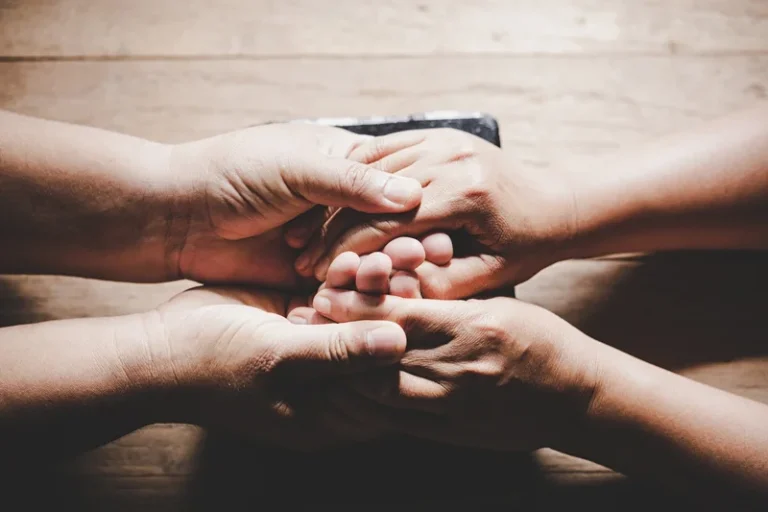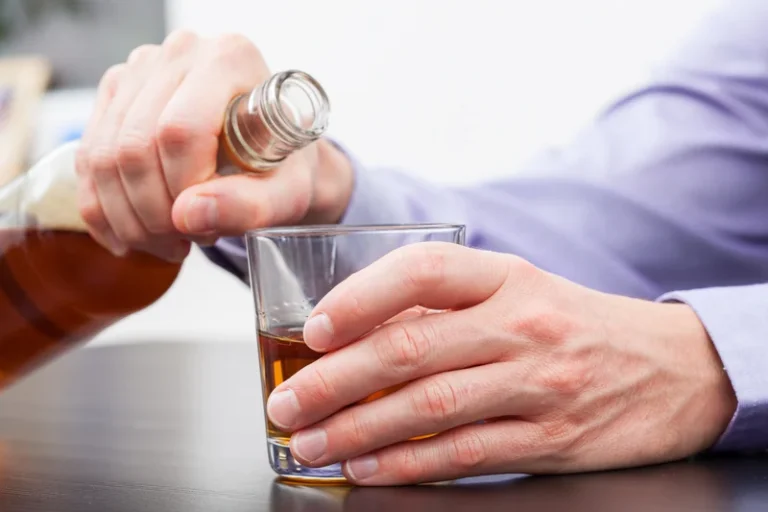”The big one I recommend is simply changing your clothes when you get home — taking off your work uniform, taking off your uncomfortable heels … And putting something on that feels really good on your body,” Kiesch said. In the spirit of reconciliation, Hello Sunday Morning acknowledges the Traditional Custodians of country throughout Australia and their connections to land, sea and community. We pay our respect to their Elders past and present and extend that respect to all Aboriginal and Torres Strait Islander peoples today. According to John Hopkins Medicine, light beer can be a better choice than regular beer because it contains “less alcohol and fewer calories.”
You could lower your risk for diabetes if you drink beer every night
- Whether or not you meet the criteria for alcohol use disorder, drinking alcohol every night can lead to various health consequences, and increase your risk of developing AUD.
- Studies have consistently shown a negative correlation between regular after-work drinking and job performance.
- One of the most essential parts of a relapse prevention plan is building skills to navigate uncomfortable feelings and situations.
- Taking a deeper look into how drinking every night could be affecting you is an act of self-care.
While they may not have the same impact, you’ll come to realize that you don’t need alcohol to cool down after work. Drinking after work can become a problematic situation if a person loses control. Coastal Detox is located in the city of Stuart on Florida’s treasure coast. At Coastal Detox, our mission is to help each client experience detox from alcohol and other substance Halfway house addiction with ease. To begin recovery, the first step is detoxification, to rid your body of any drugs and alcohol.
Explore Alcohol Treatment Centers
This means that you will need to drink more alcohol over time to get the same relaxing feelings you had in the past. Alcohol dependence is the result of this because stress does not go away with alcohol, it could pile up. So instead of dealing with what is stressing you out, you use alcohol to give you a short-term relaxation feeling. It is crucial to detox under medical supervision, as withdrawal symptoms can be life threatening.
Manage Service-Related Adjustment Disorders With VA Benefits and Get Your Life Back
‘Too much’ alcohol for one person may not affect another person in the same way. Ideally, you want to decrease your stress levels after work, she said. “It’s a sacred part of the day and for whatever reason it also feels like the most stressful part of the day,” said Joy Kiesch, clinical director and owner of Miami Vibes Counseling Center. This subreddit is a place to motivate each other to control or stop drinking.
But other research shows no benefit and links moderate drinking to diseases like breast cancer and an increased risk of stroke. Many people drink alcohol recreationally when celebrating, socializing, or relaxing. However, it can be complicated to determine whether drinking every night is harmful.
Once someone hits stage four, their bodies are not what they used to be. When they examine themselves in the mirror, they may not recognize themselves. Common outward changes may include flushed skin and a distended stomach or “beer belly.” They may not be aware, but alcohol is affecting their bodies internally as well. Possible physical side effects include increased blood pressure and liver damage.
Sober Life wants people to understand that when a person likes to drink alcohol every night, they may have a problem. This does not necessarily mean they cannot control themselves, but it does mean they are at risk of having an addiction. The Recovery Village Cherry Hill at Cooper offers comprehensive addiction treatment for drug and alcohol addictions and co-occurring mental health conditions. Sometimes, people find solace in drinking to ease the tension in their work-life. It’s important to ease this stress without always resorting to drinking after work. While it is okay to enjoy a drink here and there, it is not normal to rely on drinking.
- It can also be helpful to avoid alcohol-centric places, such as bars.
- In this post, learn when to worry about your alcohol use, when not to, and tips that can help if you decide to dial back on your drinking.
- This means it places you at higher risk for developing health problems.
- Additionally, regular alcohol consumption can mask or worsen symptoms of mental health conditions, creating a vicious cycle of self-medication and increased dependency.
You may practice coping techniques such as breathing exercises, regulating emotions through journaling, and saying “no” to situations that do not serve your recovery. One of Arizona’s leaders in personalized residential addiction treatment, The Hope House boasts 10,000 sq ft facilities as home to just 10 patients at a time. However, these positive aspects can quickly deteriorate if an addiction is left untreated. Spotting warning signs early and making changes can beer after work help you create a healthier lifestyle.
Alcohol interferes with the normal sleep cycle, preventing you from reaching the deep, restorative stages of sleep. As a result, you may wake up feeling groggy and exhausted, even after a full night’s sleep. This lack of quality rest can lead to daytime drowsiness, decreased productivity, and an increased risk of accidents, both at work and in other areas of your life.
- To combat this, Kiesch said you should incorporate some newness into your weeknights and it doesn’t have to be something big, either.
- People who have developed alcohol addiction will likely have problems reducing or stopping how much they consume.
- This stage of alcoholism is often defined by the goal of “drinking to get drunk.” People who use alcohol often use it to self-medicate and escape negative thoughts and feelings.
- The National Institute on Alcohol Abuse and Alcoholism (NIAA) does not recommend daily alcohol consumption.
If you consume more than these amounts, medical professionals consider it heavy or at-risk drinking. This means it places you at higher risk for developing health problems. Around one in four people who drink more than these recommendations have an alcohol use disorder (AUD).






